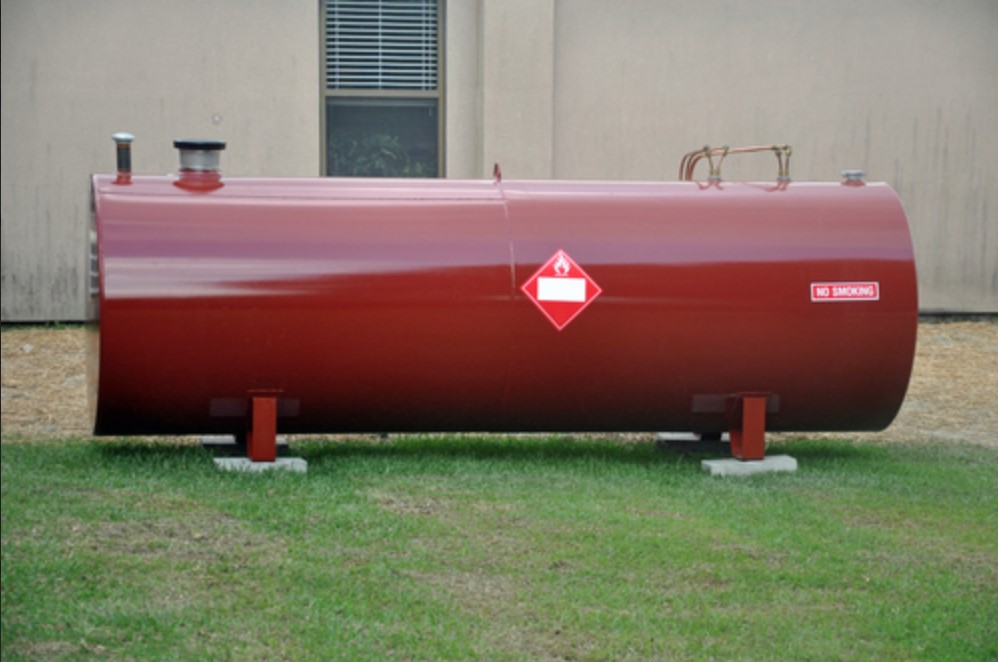Every year, more and more homeowners throughout New Jersey are shifting away from underground oil tanks in favor of aboveground tanks.
If your home heating system uses an underground tank, too, you may consider following suit.
There are a number of different reasons to switch to an above ground tank to store your heating oil.
The Tank is Very Old
The average lifespan of a healthy oil tank may be about 10 to 15 years.
However, many homes have underground oil tanks that are much older than that.
While your older underground tank may not be leaking yet, the risk of a leak increases dramatically as it ages.
Upgrading now will help you avoid potential oil contamination in the future.

Planning on Selling Your Home
Today, homebuyers are particularly cautious before purchasing homes with underground oil tanks.
Underground oil tanks present buyers with an unknown risk of soil contamination and safety issues, as well as additional expenses associated with soil remediation and tank removal.
If you’re considering selling your home in the near future, upgrading to an aboveground tank will take a lot of the hassle associated with testing and inspections out of the selling process.
Concerned About Soil Contamination
Leaks are not the only way that your soil can be contaminated—overfilling can lead to spillover of oil and contamination of the soil directly around the tank.
Upgrading to an aboveground oil tank ensure that you can keep your soil in a controlled, clean environment, like a designated shed, patio, or tank tub, which can minimize spills, overfilling, and contamination.